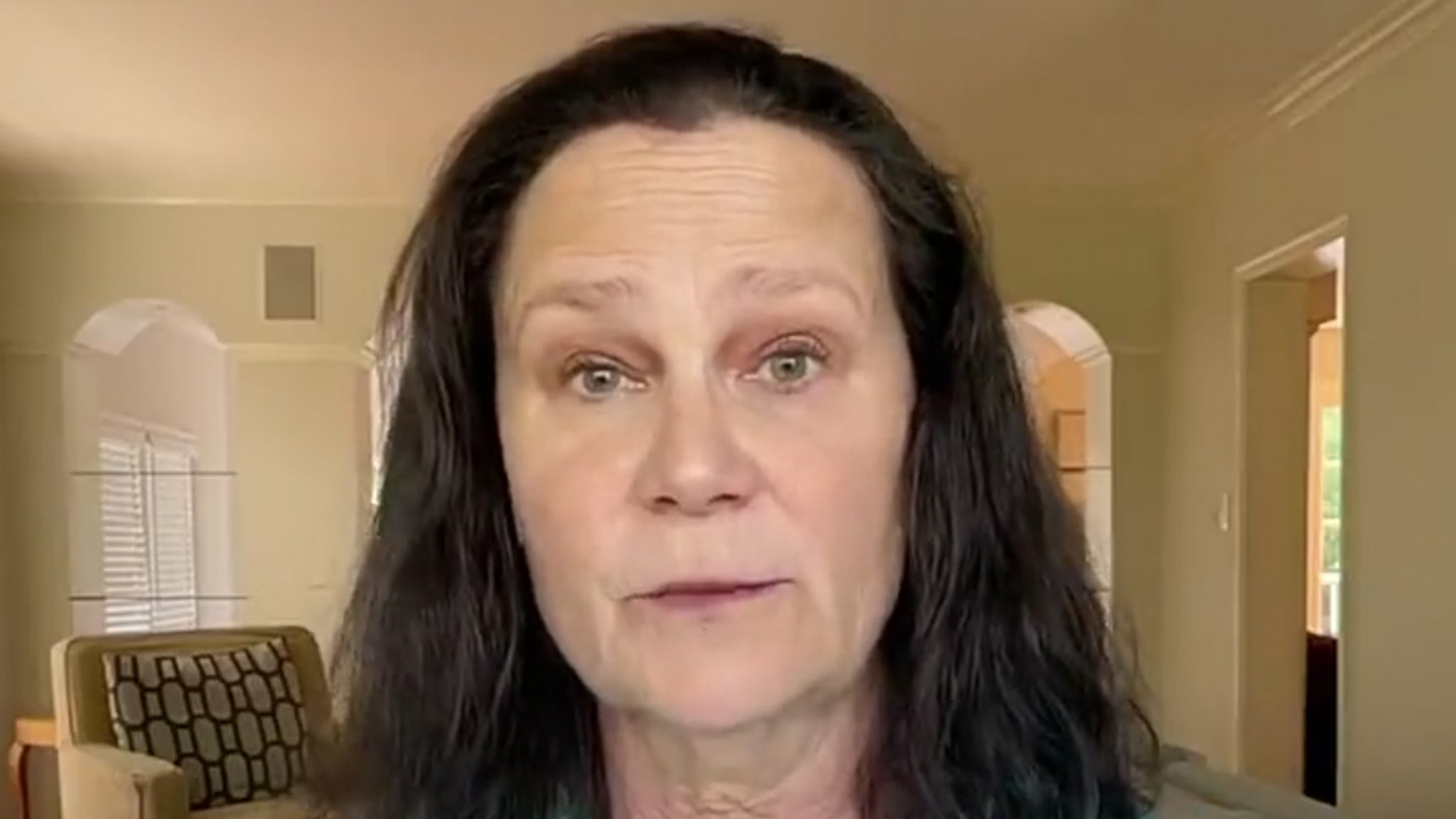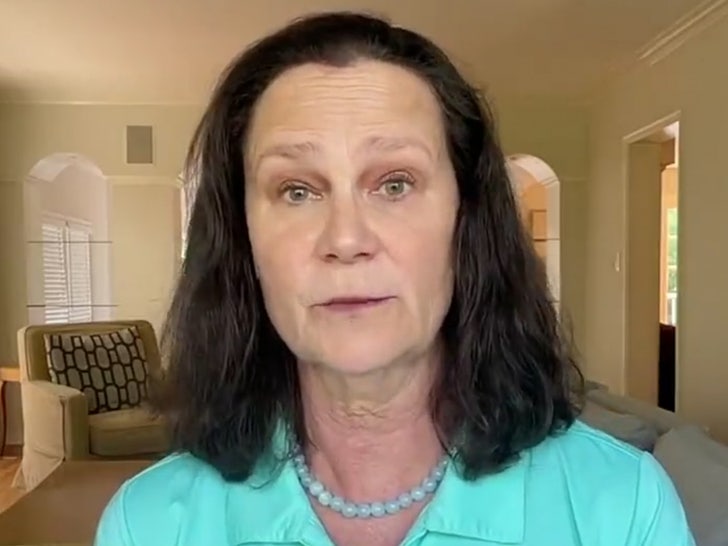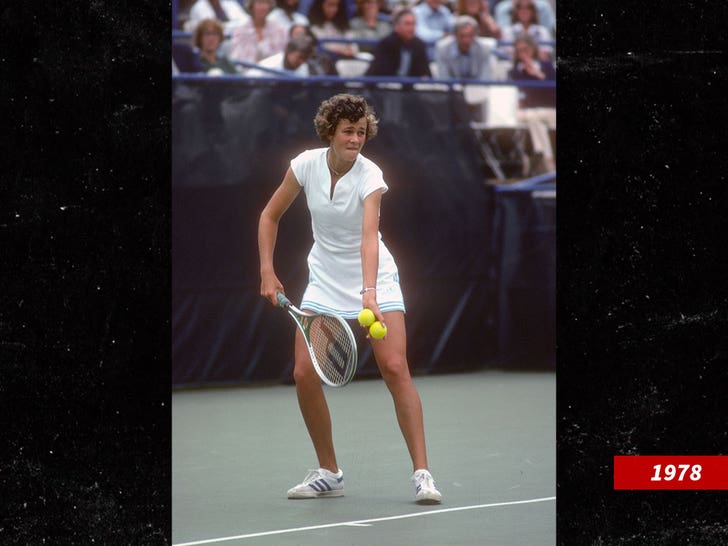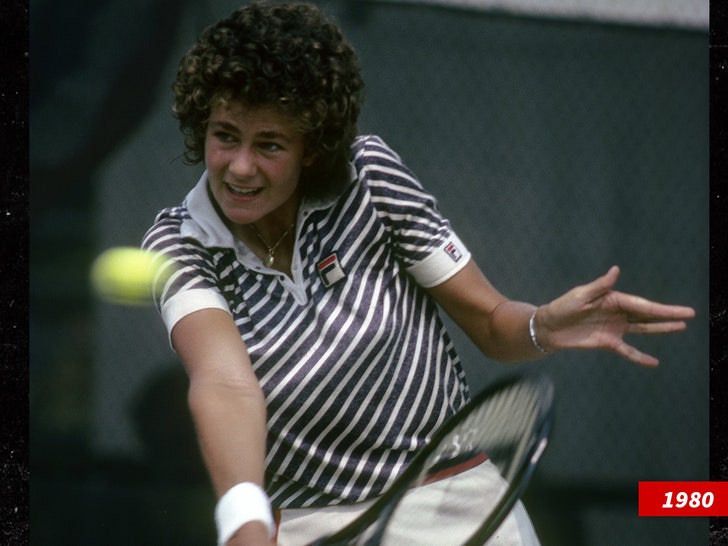Hall of Famer Pam Shriver claims she had an “inappropriate” relationship with her much older tennis coach, Don Candy, when she was just 17 years old … calling it a “miserable” experience.
The 59-year-old tennis commentator made the shocking revelation on ESPN’s “Outside The Lines” this week … when she detailed how her underage relationship impacted her every day.
“It hurt my tennis, my performance… my ability to form healthy relationships”@PHShriver shares her story on the inappropriate and damaging relationship she had with her first coach when she was a teenager, and why she decided to come forward with it now. pic.twitter.com/g9CpeU0pzV
— Outside The Lines (@OTLonESPN) April 20, 2022
@OTLonESPN
“It affected me in almost every way,” Shriver said. “He [Candy] was 33 years older. He was married. He was married long before I took my first lesson from him. I felt a lot of shame and guilt and I felt also a lot of anger, jealousy when his wife would come to tournaments.”
“So I was just basically, at times, really miserable,” Shriver added, “and because I was living the life of trying to be the best tennis player I can be, I really didn’t understand how difficult the whole secret and the juggling was. And so I just kept it to myself.”
Shriver told OTL some of her close friends eventually learned about her then-relationship with Candy — who passed away in 2020 at age 91 — but says at the time, what she was doing wasn’t an uncommon thing.
“We weren’t the only boundary-crossing relationship on the tour.”
As for why the tennis legend chose to divulge this information over 40 years later, Shriver said she never allowed herself to think about how damaging the relationship with Candy was to her life and to her career.
Shriver notes Candy was not a predator — nor did he physically or emotionally abuse her — but says what happened was his responsibility.
Shriver said after her mom died last August, she did some reflecting on her experience … and one of her biggest regrets is not telling her parents what happened.
“It’s a tough one to tell parents, but there’s nobody who wants to keep you safe and healthy more than your parents.”
“I just feel like it’s time. For me, I feel like it’s important for my healing and it’s important that I can maybe feel that me coming forward and talking about my story in detail might just help a few young players. Maybe it’ll help coaches to understand that they need to not cross that boundary.”
“So I feel like, for a lot of reasons, it’s the right time.”



